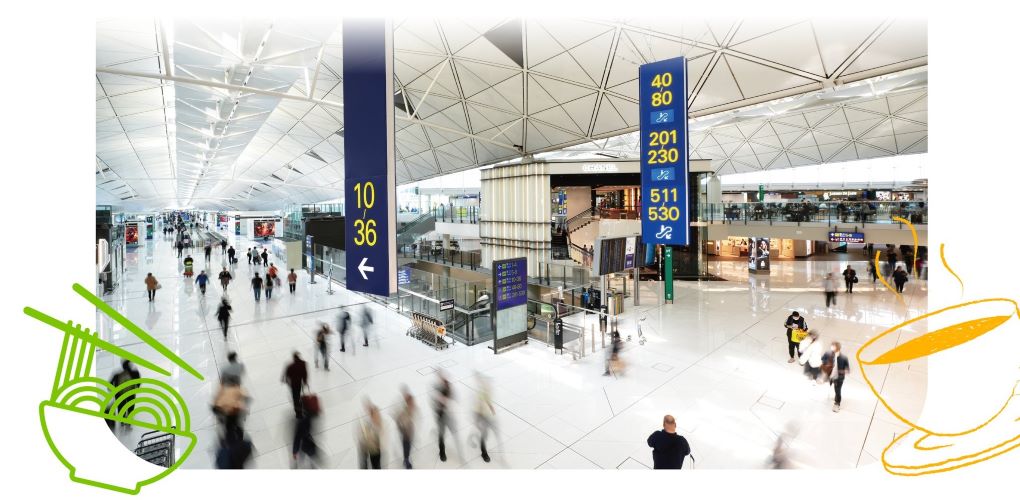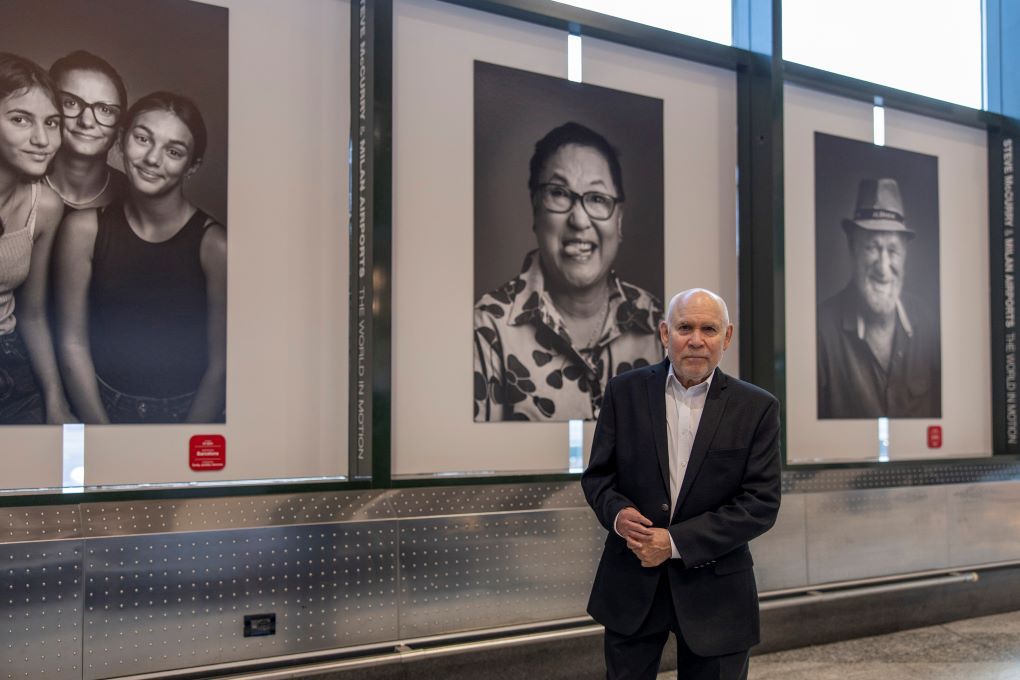UK/NETHERLANDS. A report in last night’s edition of regional UK newspaper Norwich Evening News highlights the potential damage to duty free and travel retail’s consumer credibility since the new EU aviation security regulations were introduced on 6 November.
The report claimed that passengers travelling from Norwich International Airport are having their “˜duty free’ purchases confiscated at Amsterdam Airport Schiphol because they are not in the right type of bags.
Whether the article is referring to Norwich passengers transiting through Schiphol or whether they are point to point travellers (in which cases the items will not be “˜duty free’ as such) is not made clear (The Moodie Report is seeking clarification). That is not the key point however – confiscations of any airport purchase, travel retail or duty free, represent bad news for the industry’s reputation.
The report reads: Since November 6 travellers have had to carry their duty free drinks and perfumes in sealed plastic bags before boarding planes as part of the Government’s new anti-terrorism measures. But because of a dispute over plastic bags, officials at Schiphol Airport have been confiscating duty free items from passengers arriving from Norwich. They claim the bags do not comply with EU rules, but airport bosses here insist they meet Department of Transport regulations.
Louise Wilkinson, head of marketing at the airport [Norwich], said: “Because of the new regulations there is now a heat sealing machine which seals the duty free bags. A few weeks ago Schiphol said duty free needed to be put in a sealed clear plastic bag. Schiphol said we were not complying with the regulations and they started confiscating duty free items off people flying in from Norwich.”
| HAVE YOUR SAY: What are the implications of this sort of confusion in the trade?Comment |
She said the Department of Transport said they were complying with its regulations but the duty free shop at Norwich airport had refunded customers as a gesture of good will. A week ago the airport introduced clear bags, she said.
Ms Wilkinson added: “Now they are saying they should have a red seal and not a plain one so we are waiting to hear back from the Department of Transport.”
A spokesman for Schiphol told the newspaper that staff were applying rules set down by the European Union. Norwich Evening News has set up an e-mail hotline asking passengers if they have had their duty free confiscated.
The newspaper then quoted two travellers. Paul Cook, a pilot, said passengers and crews were confused. “The transport security panicked after the terror alert but did not take professional advice. What they are doing is badly thought out and badly implemented.”
David Bradbrook, a company director, said: “I think Schiphol is just doing this to make people buy duty free there.”
The latter is patently not the case but the gentleman’s view illustrates how the current regulations – and varying interpretations of them – could have a severe impact on consumer perception of the travel retail and duty free offer unless sorted out fast. Frank O’Connell’s call for clarity, consistency and communication made at the Cannes show in October is ringing truer every day.
It seems the travel retail industry needs not just a concerted, well-funded political lobbying effort but a strong and localised public relations offensive.





